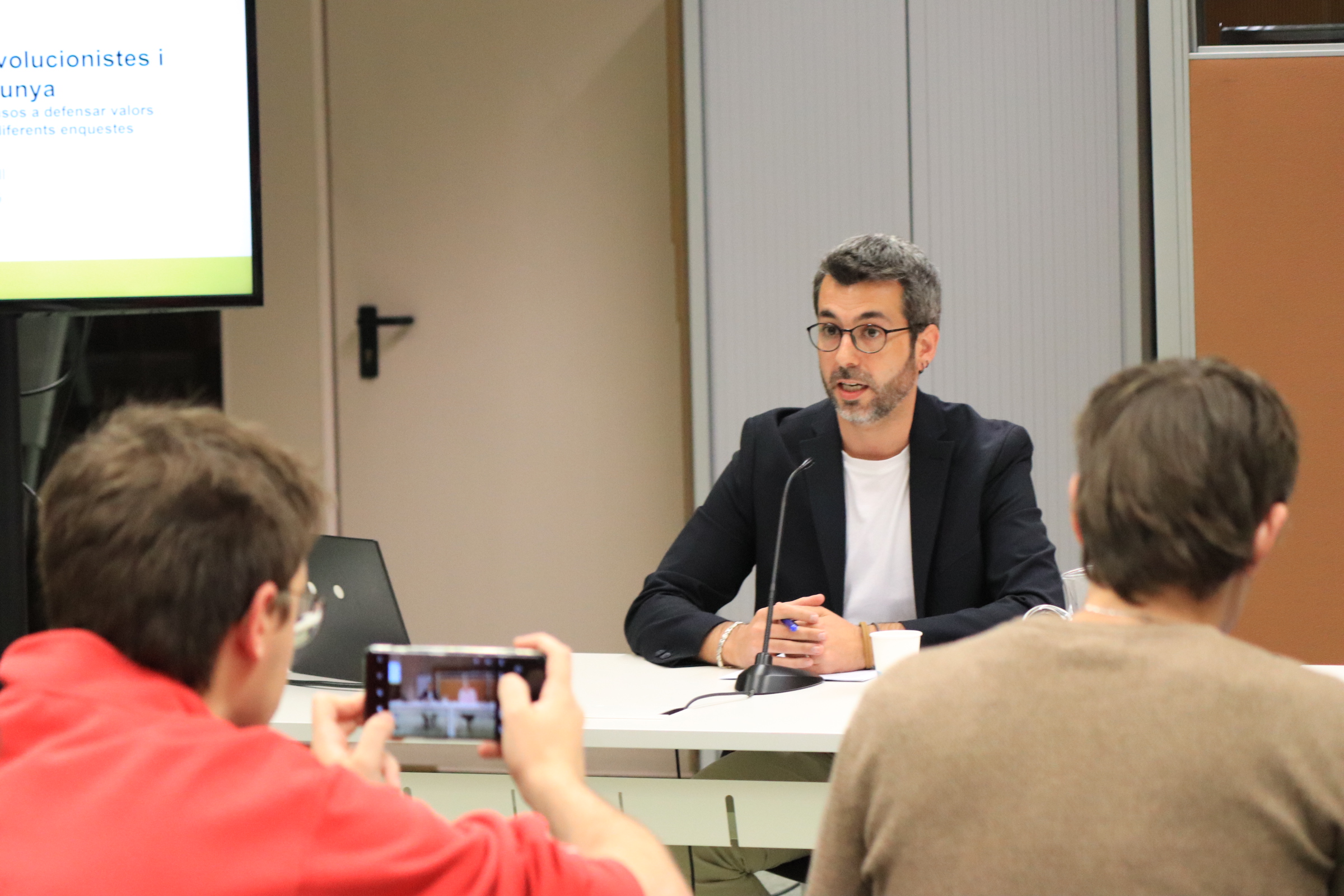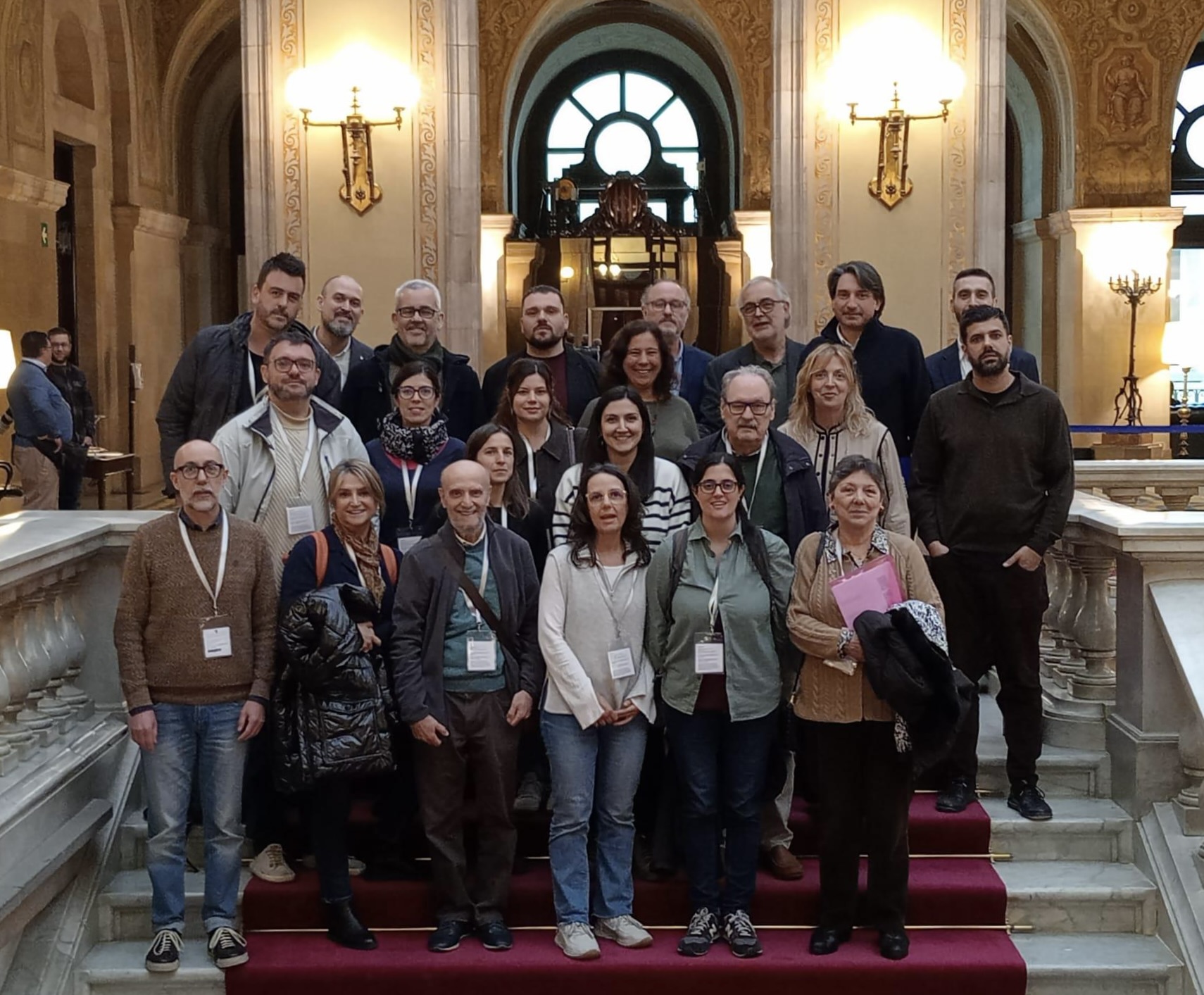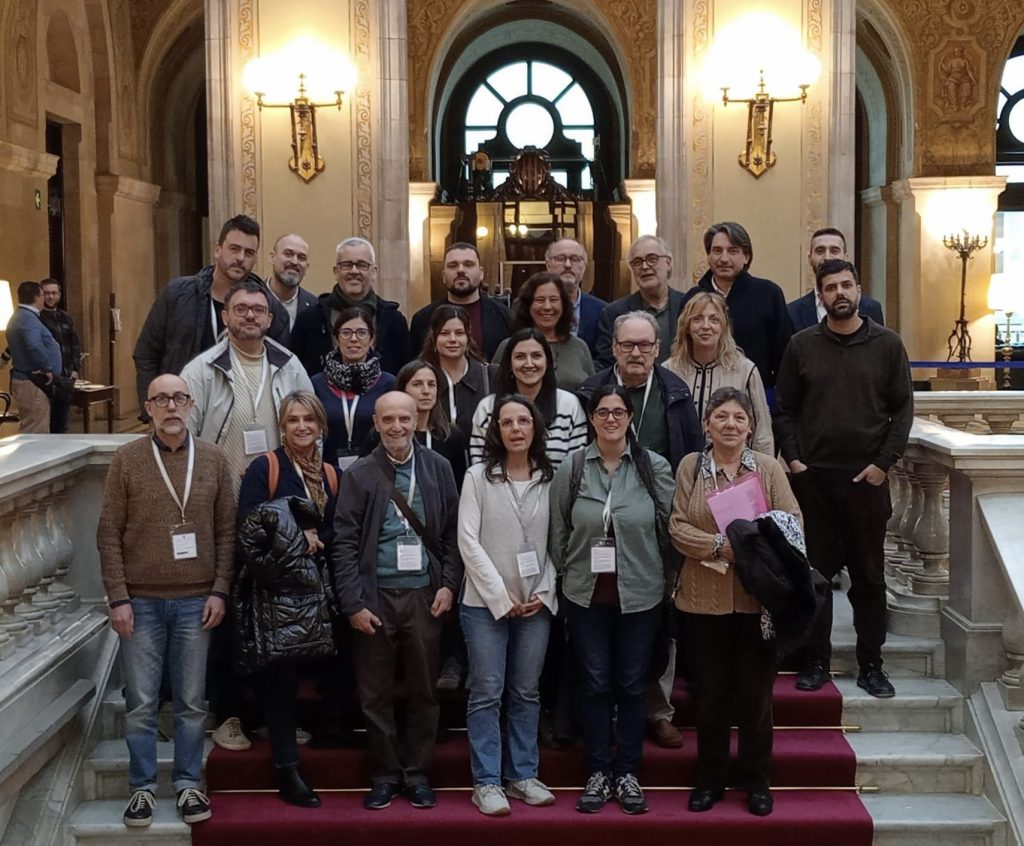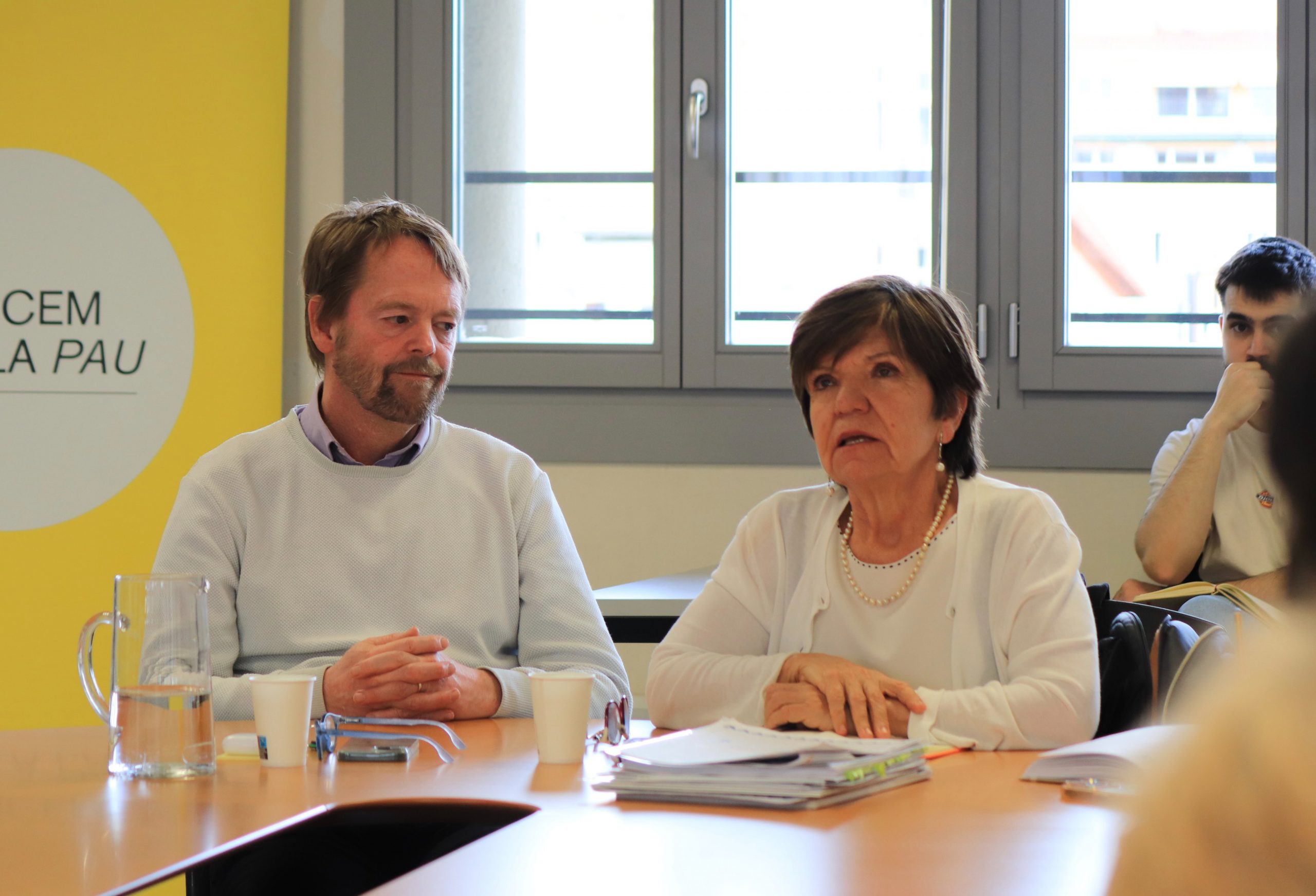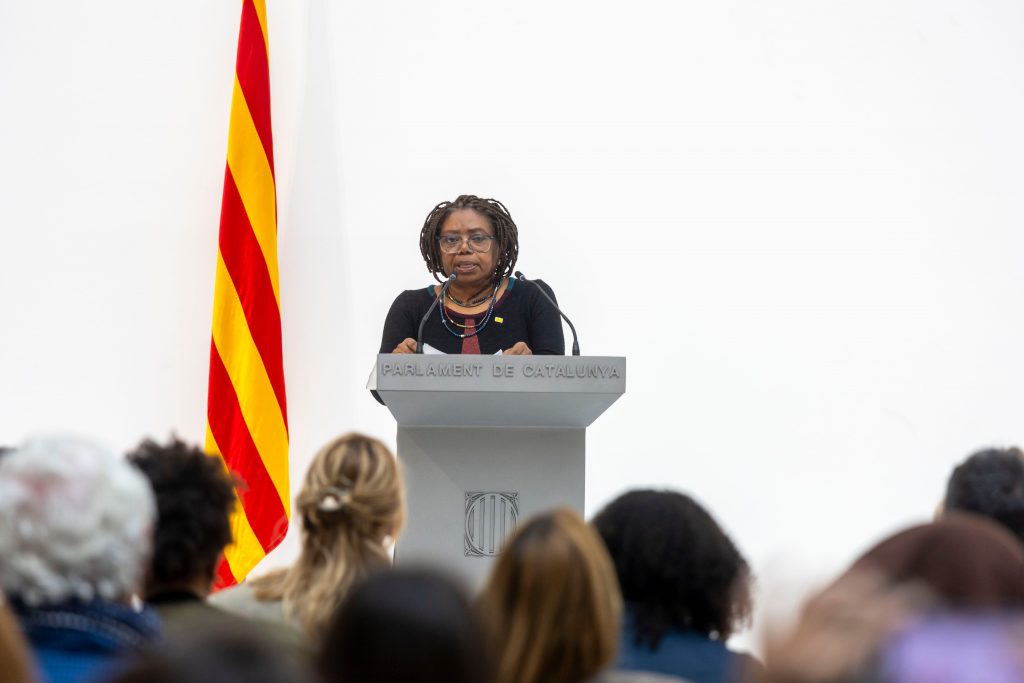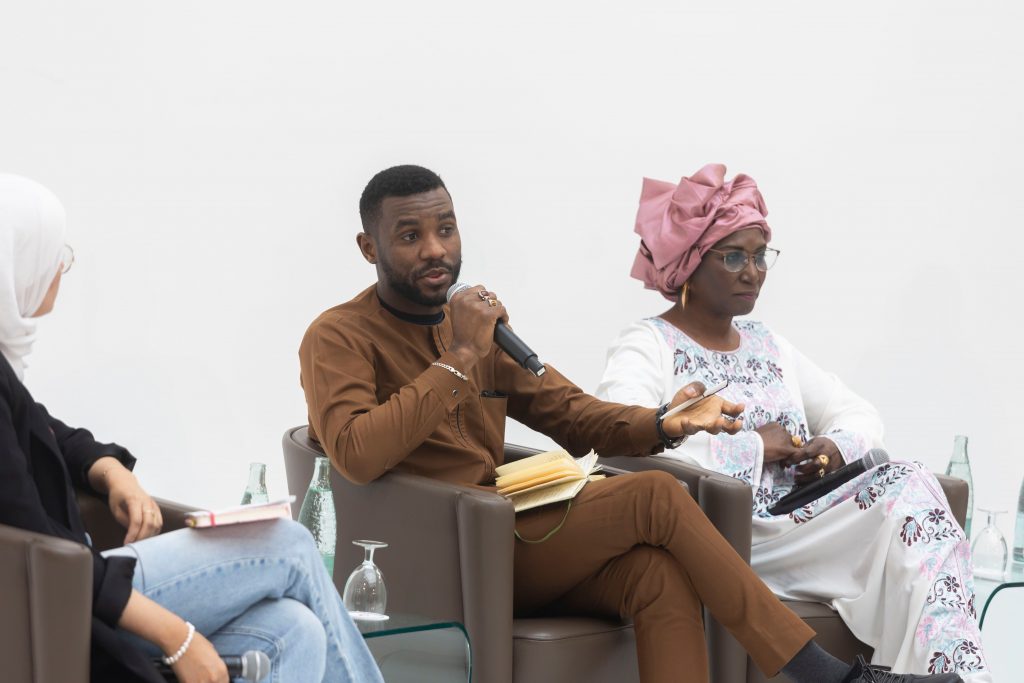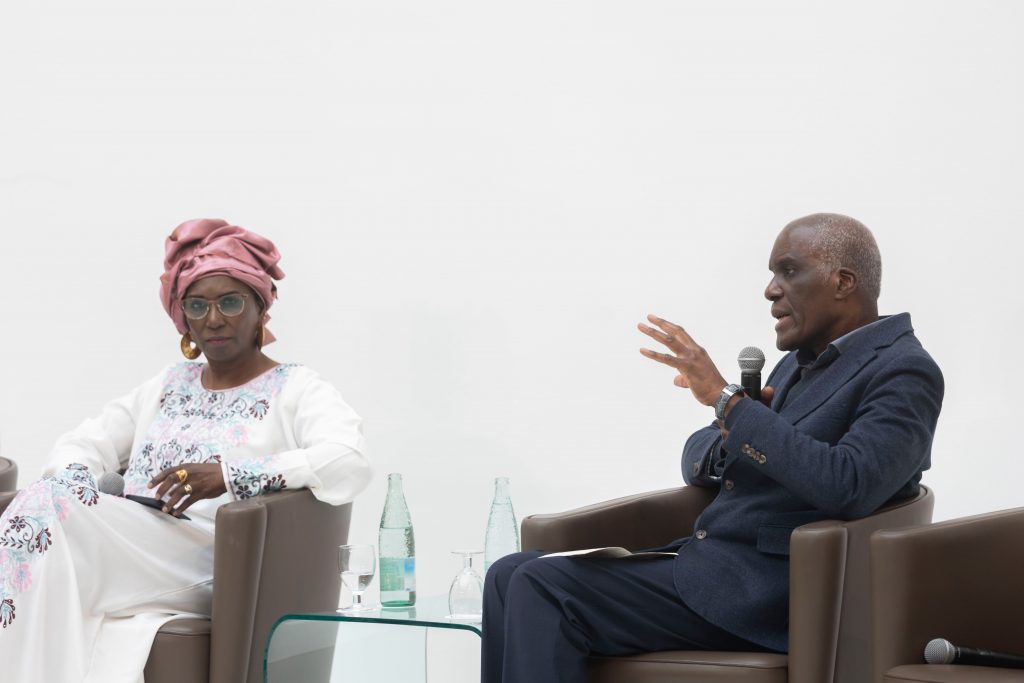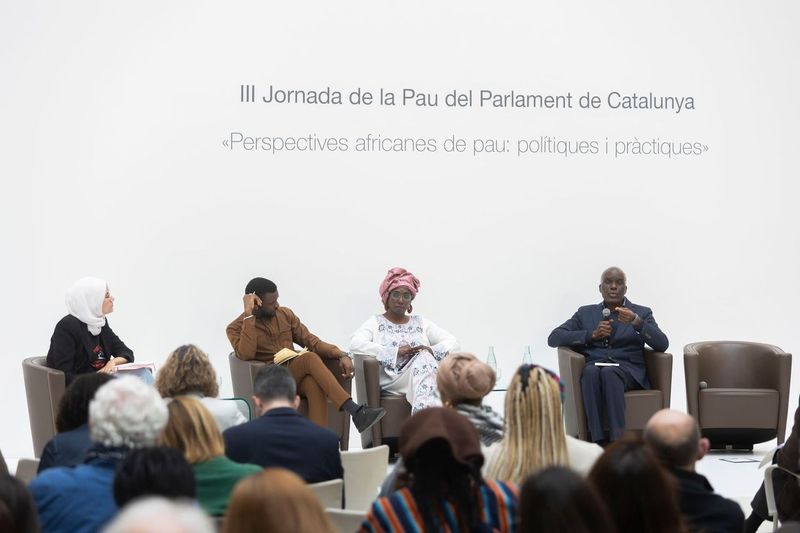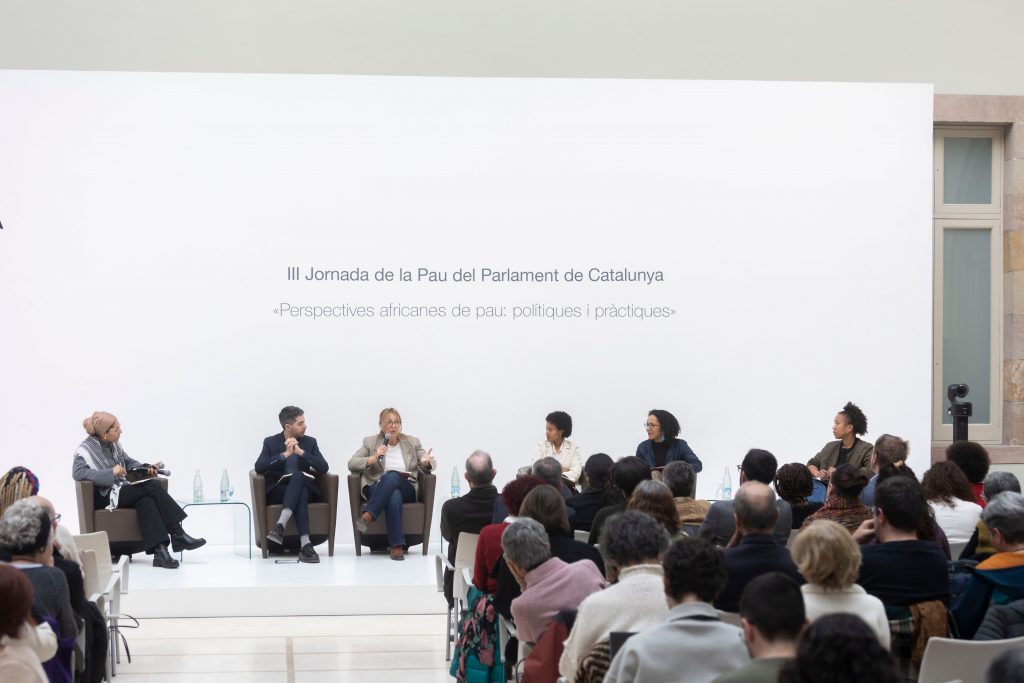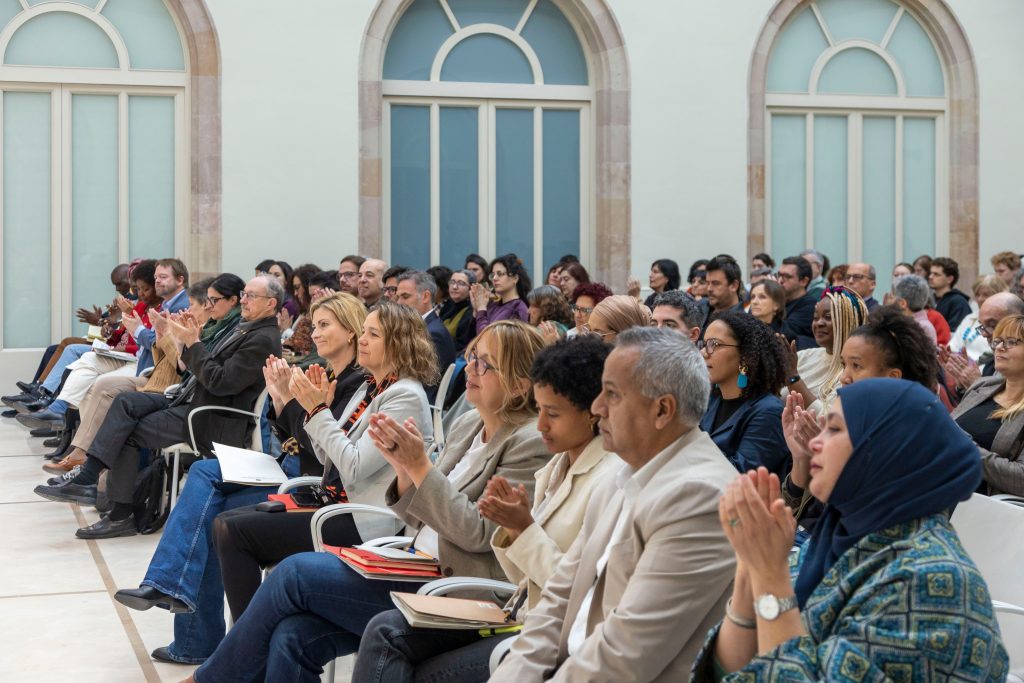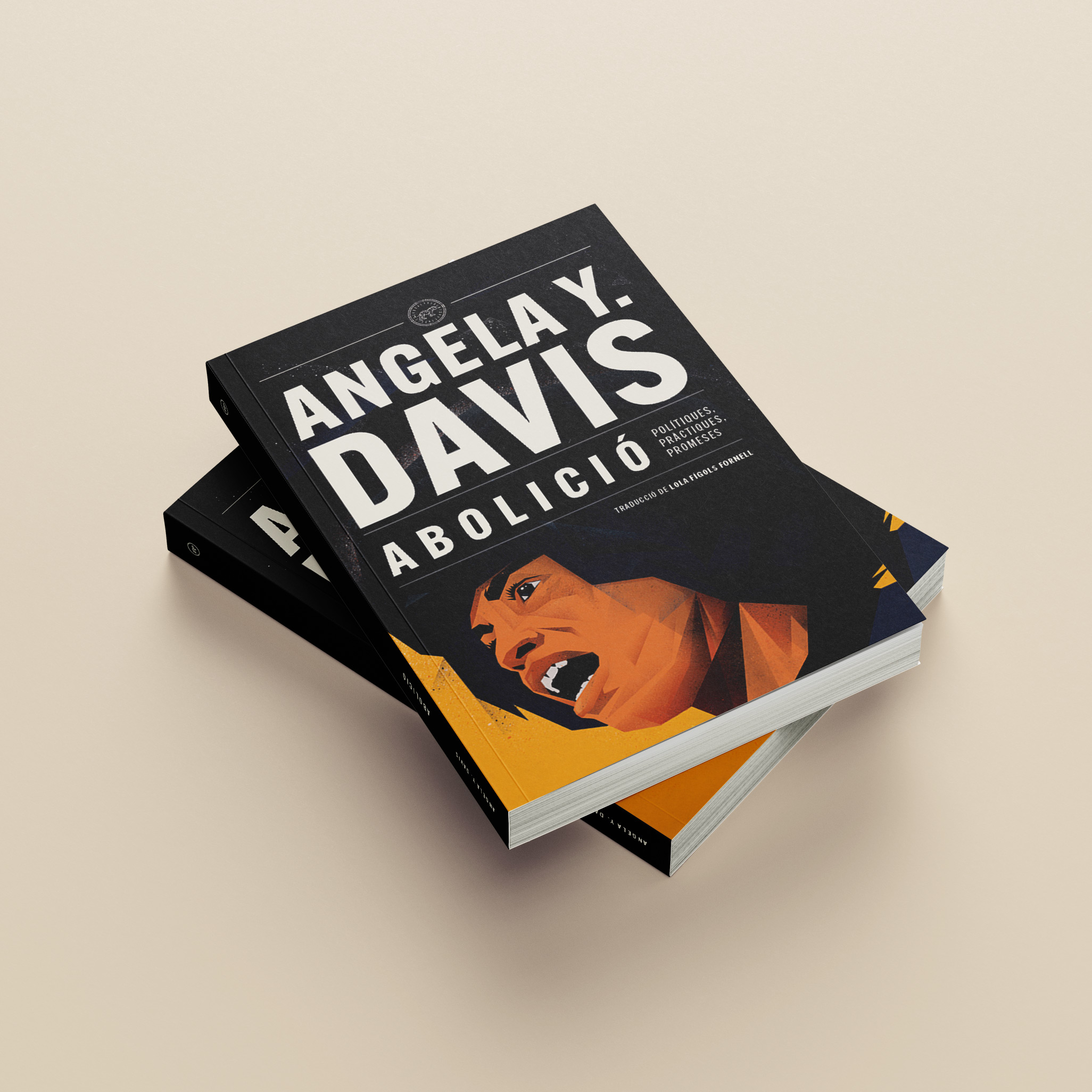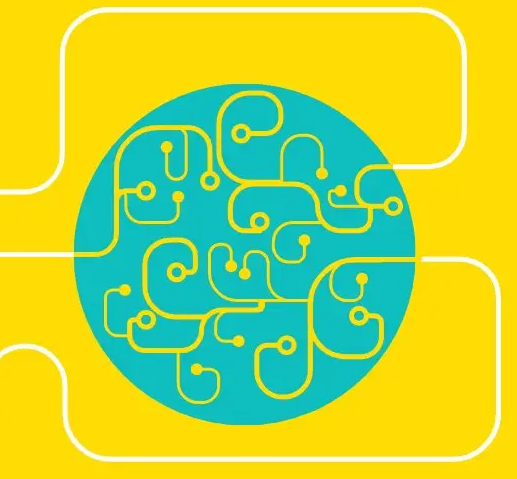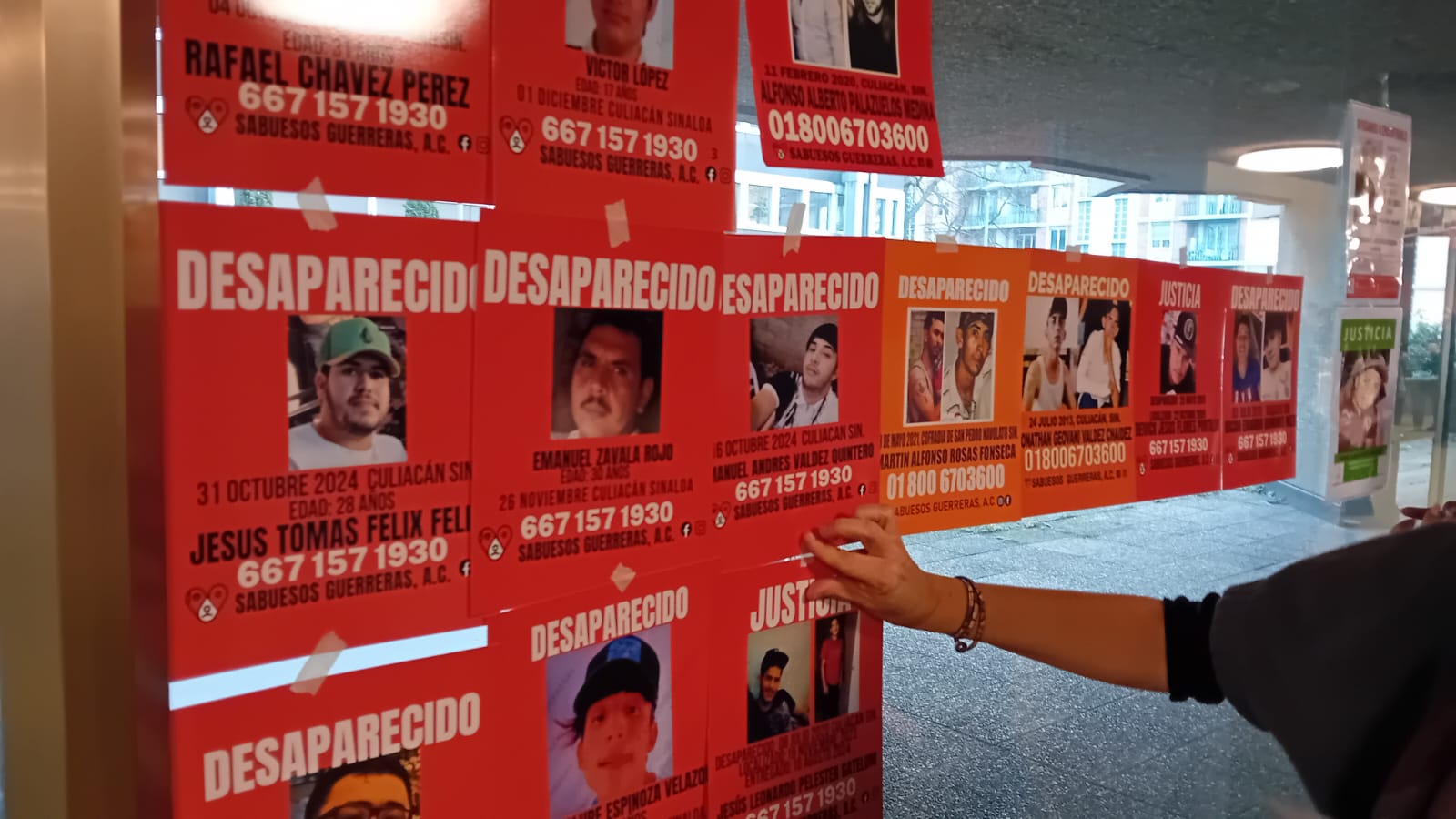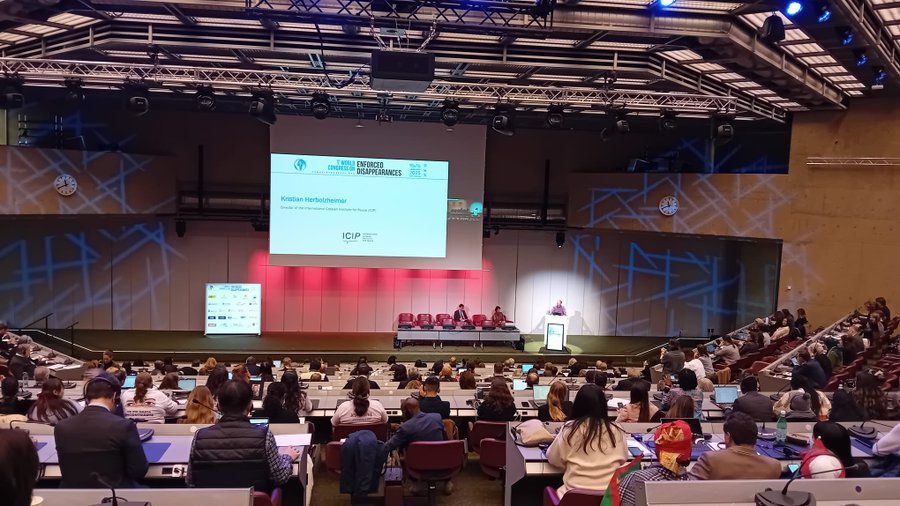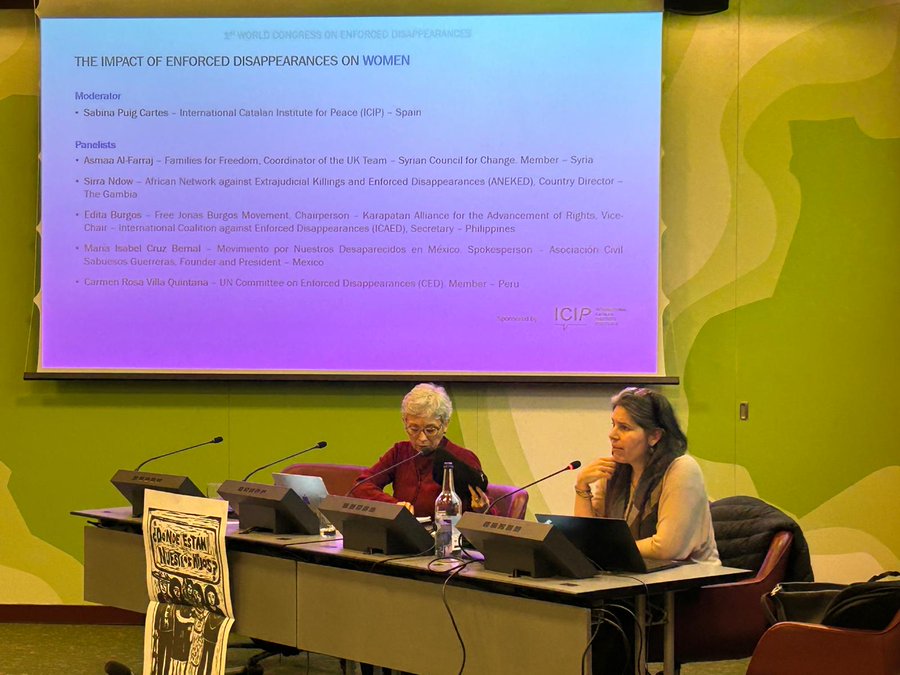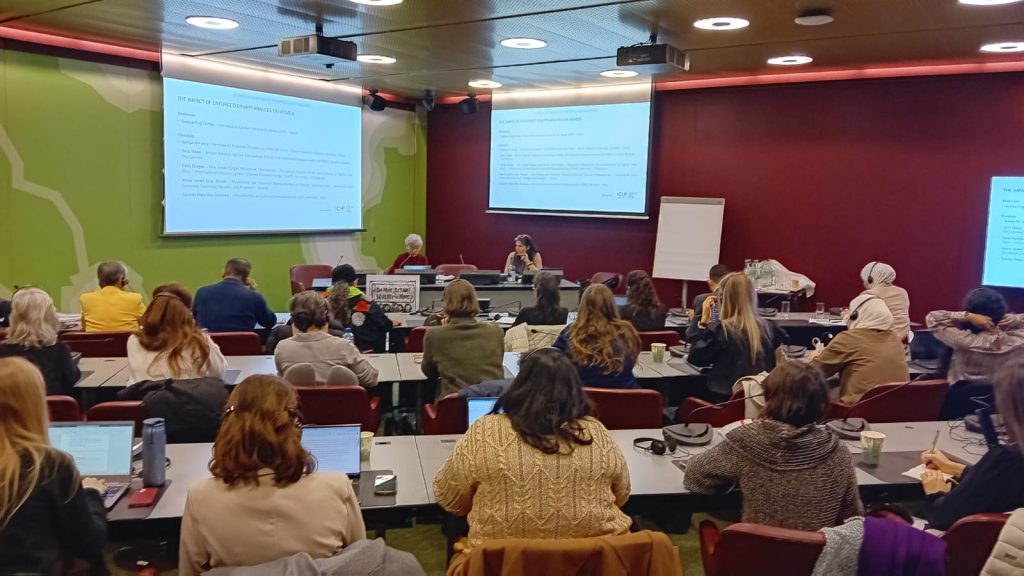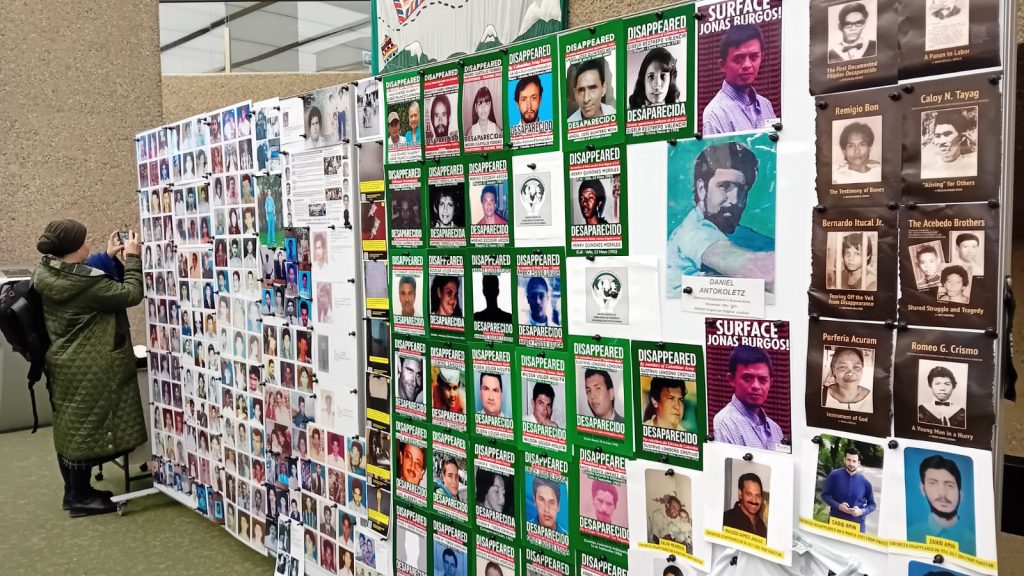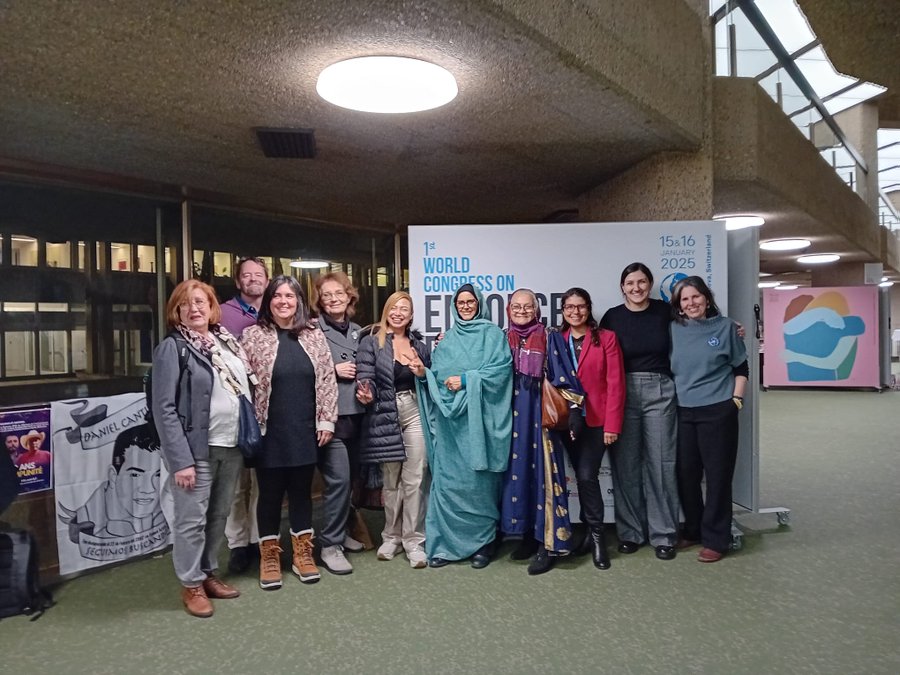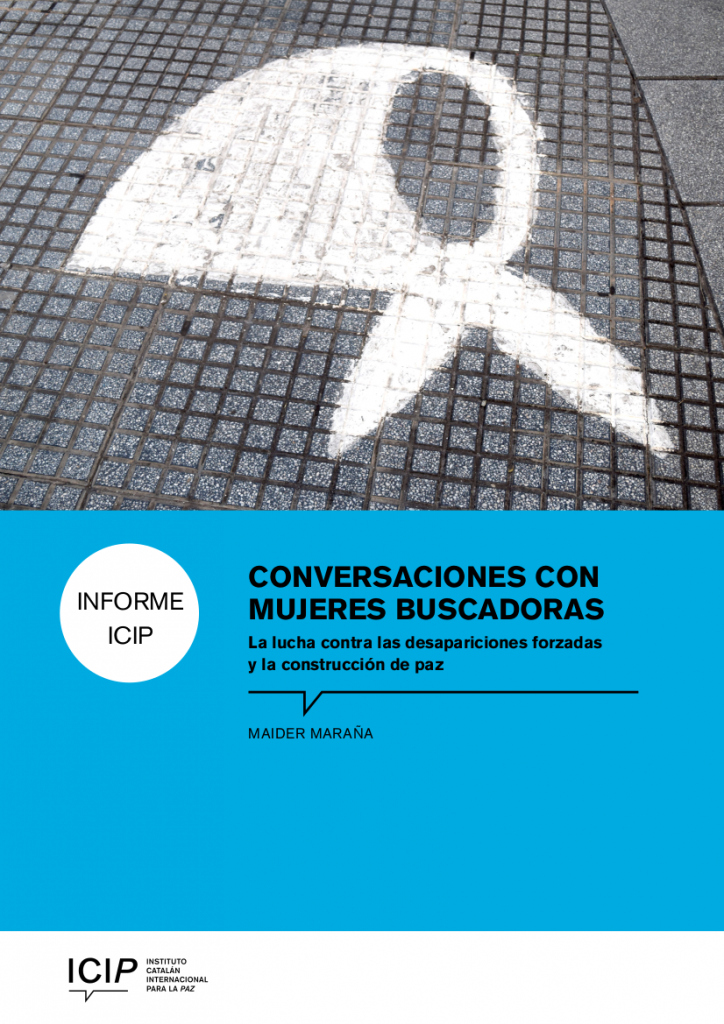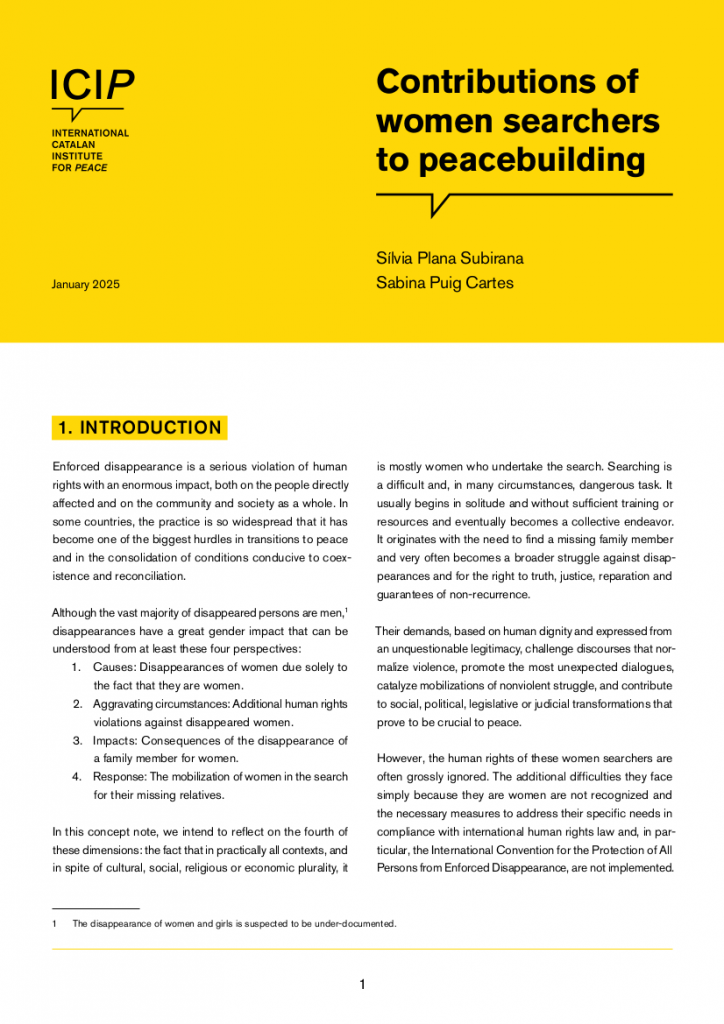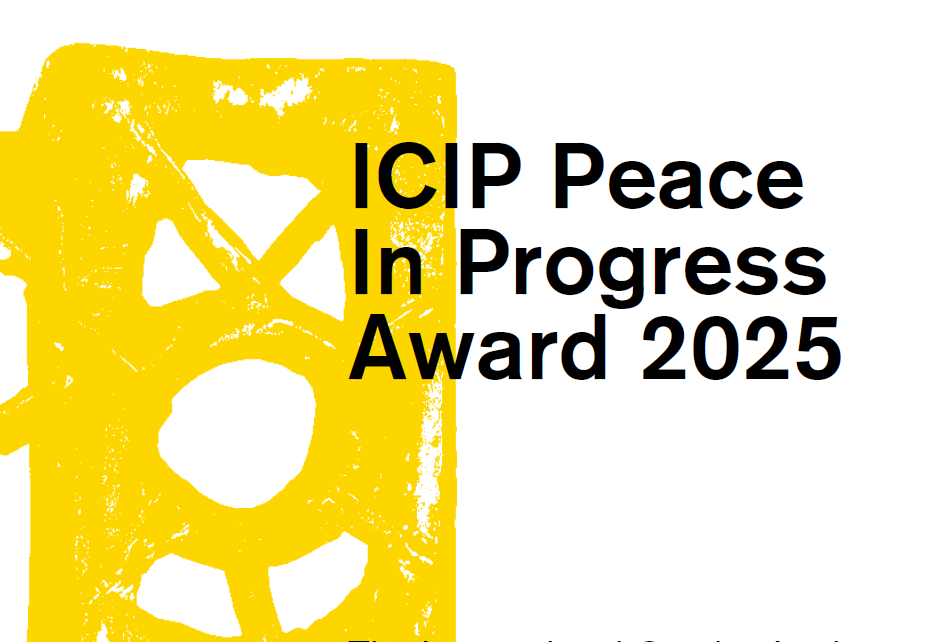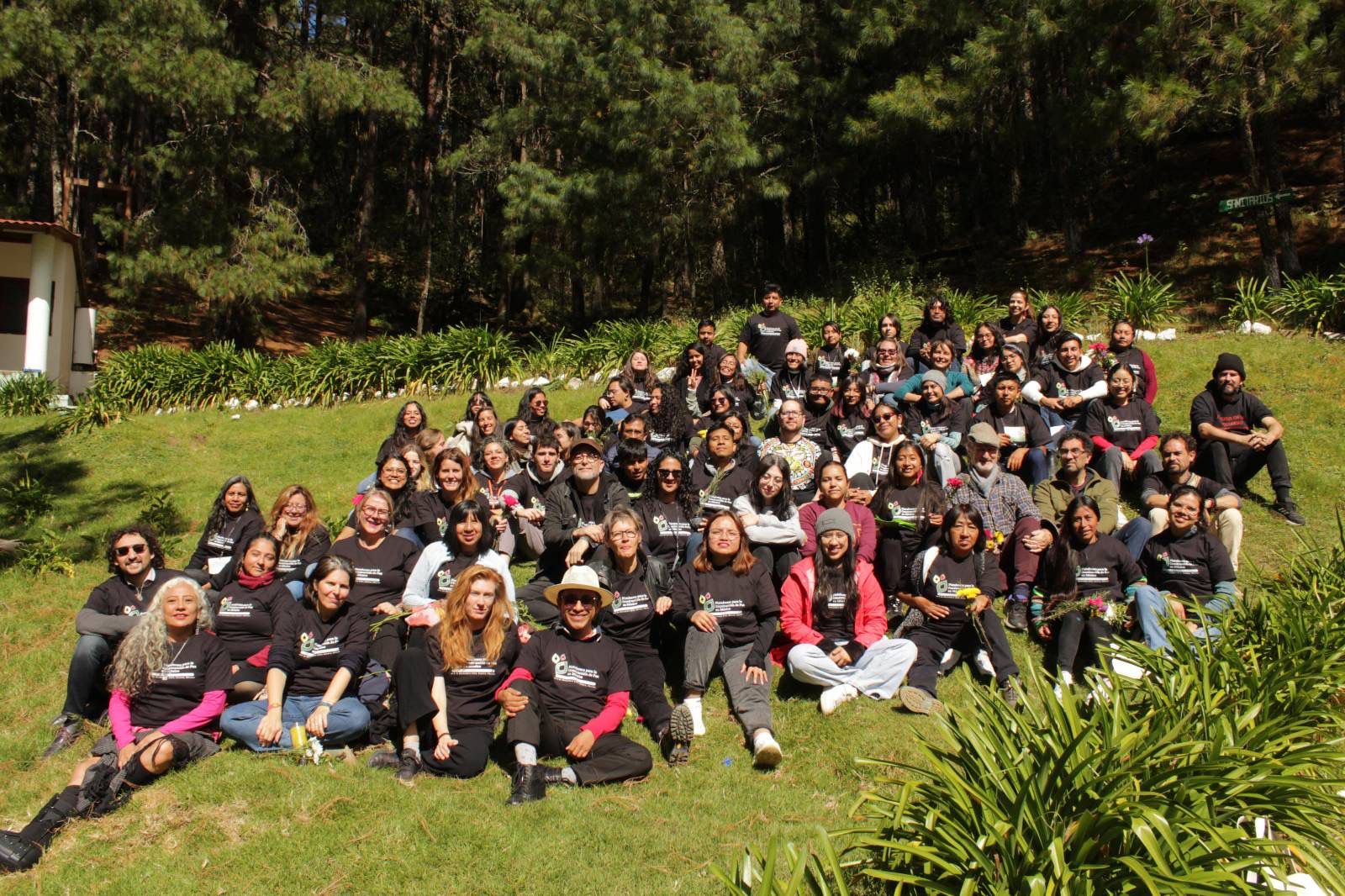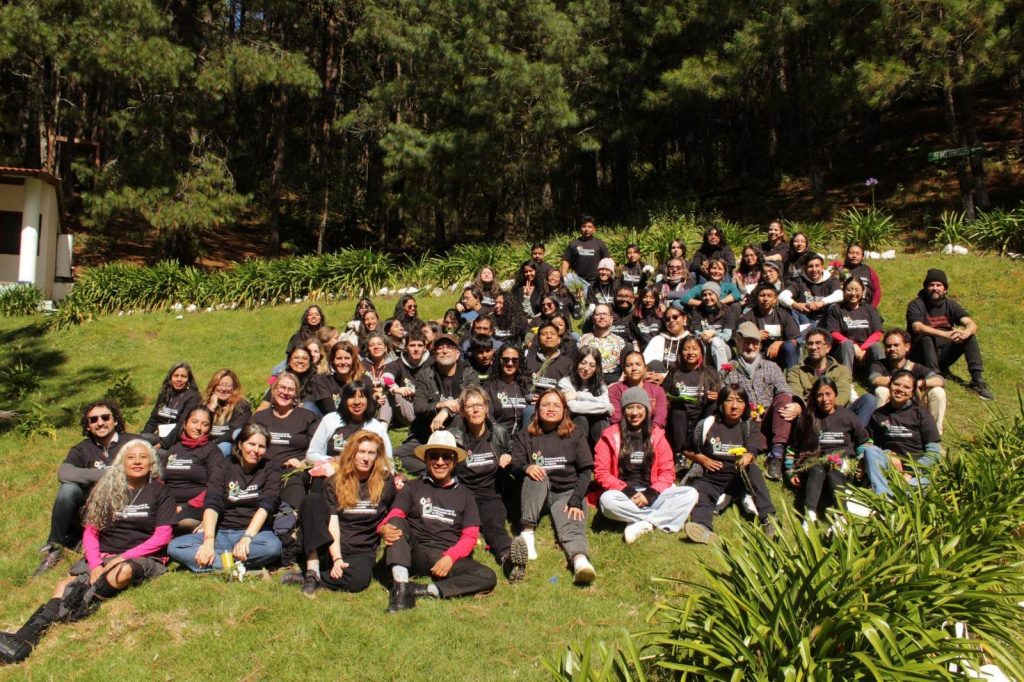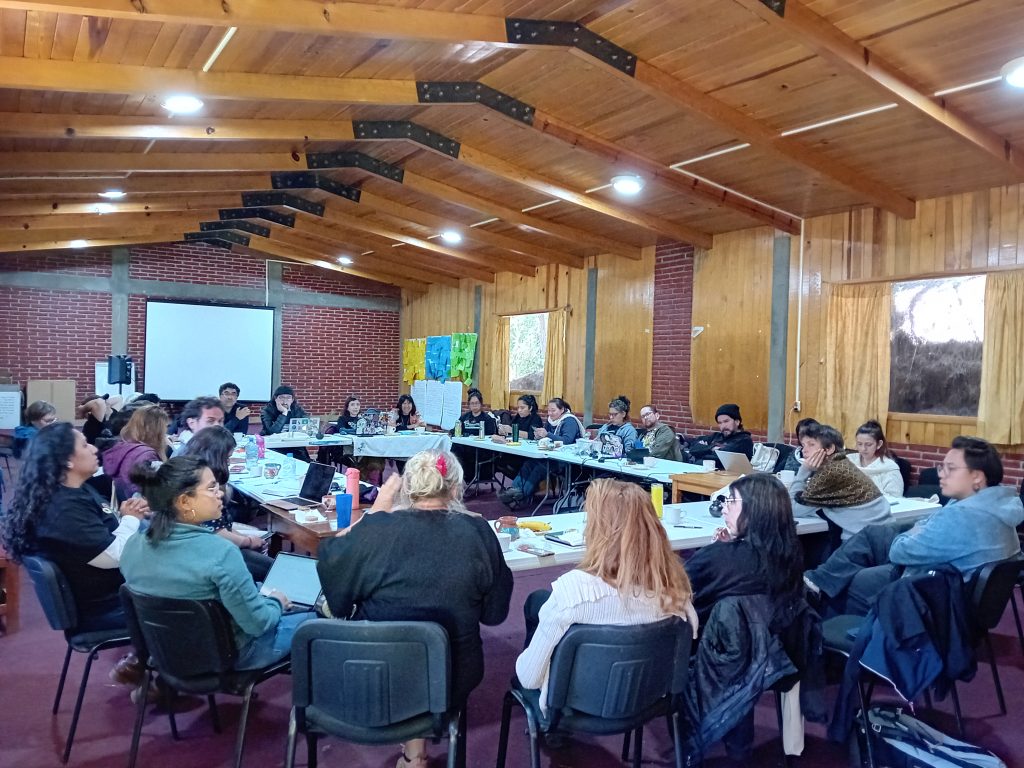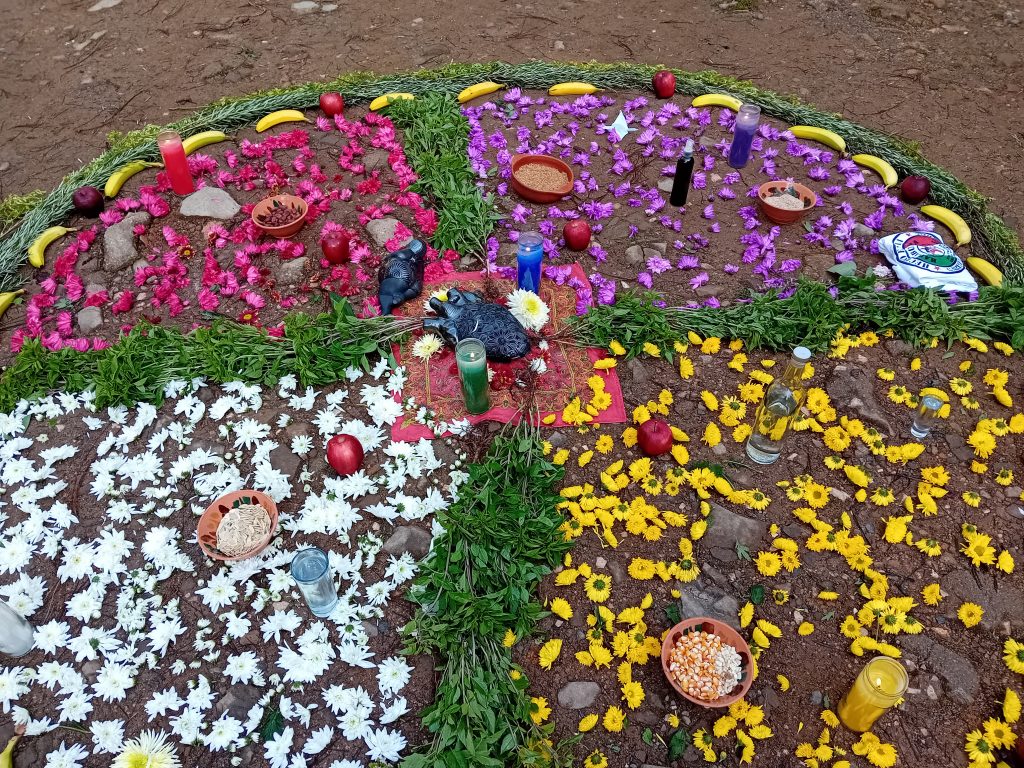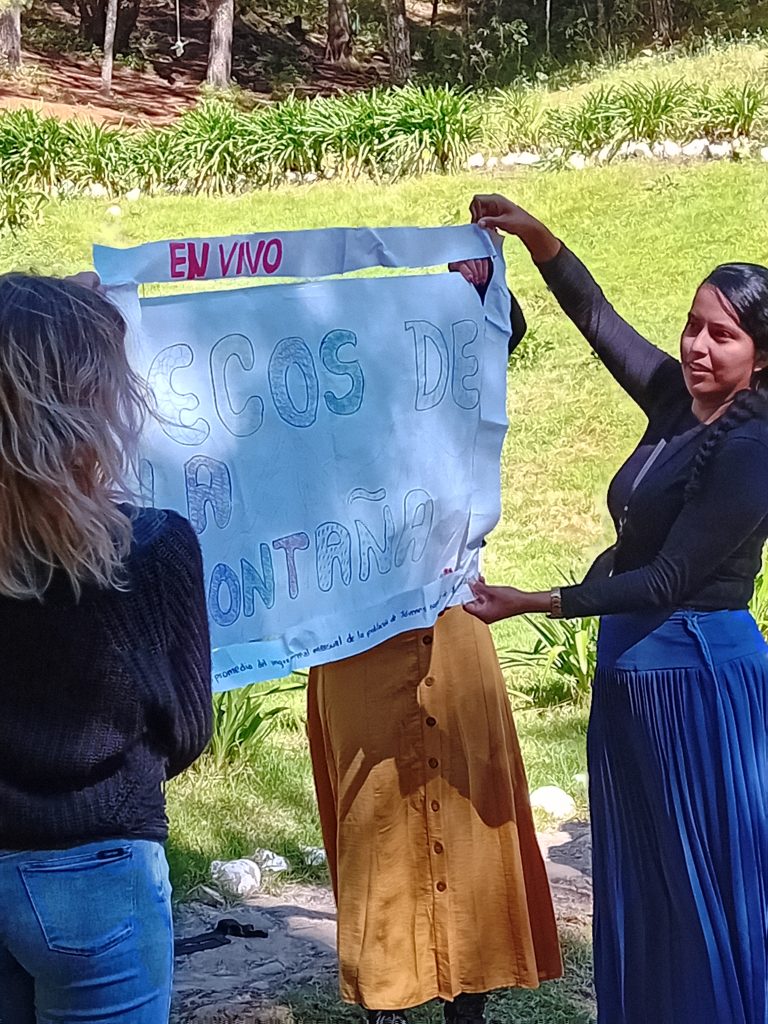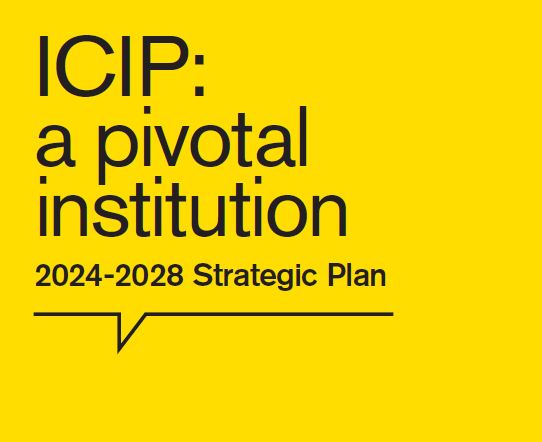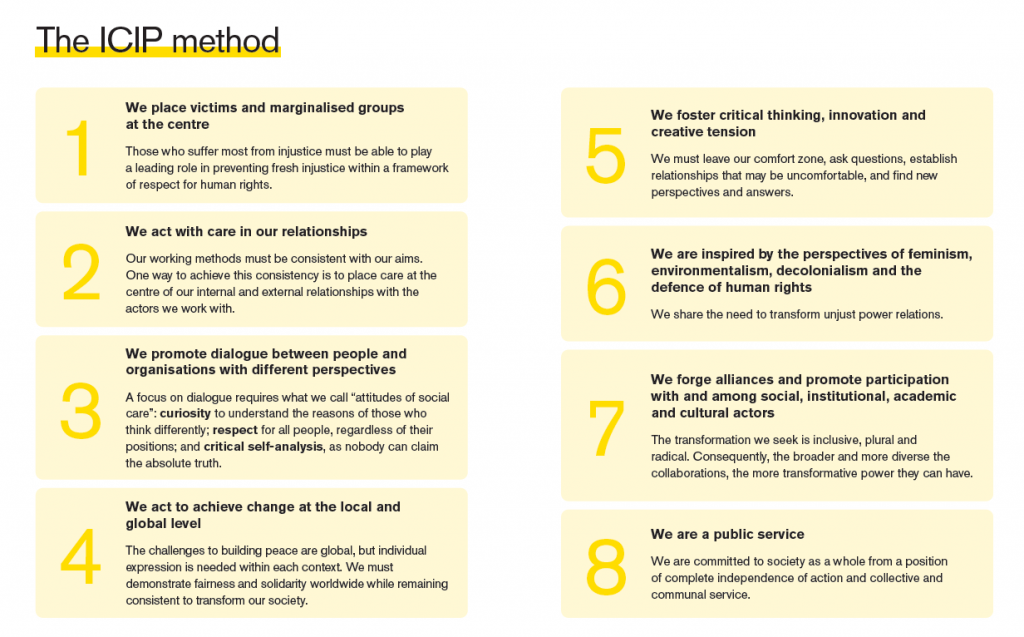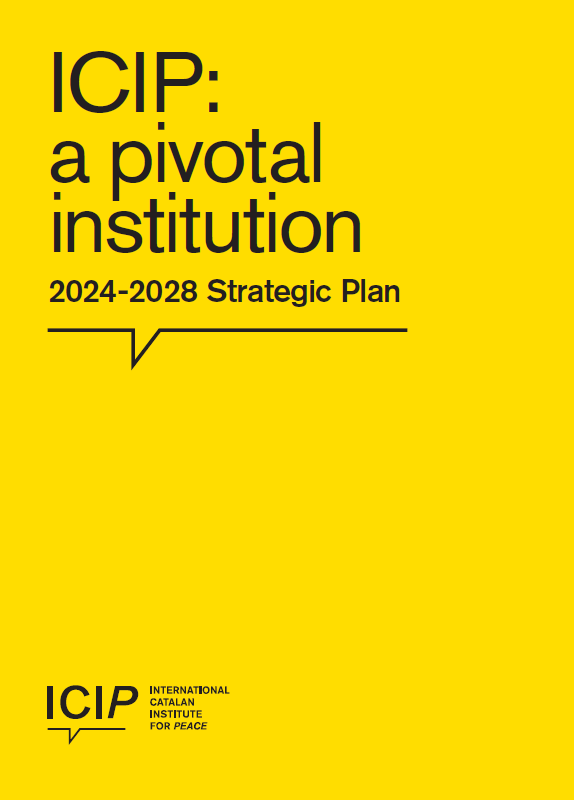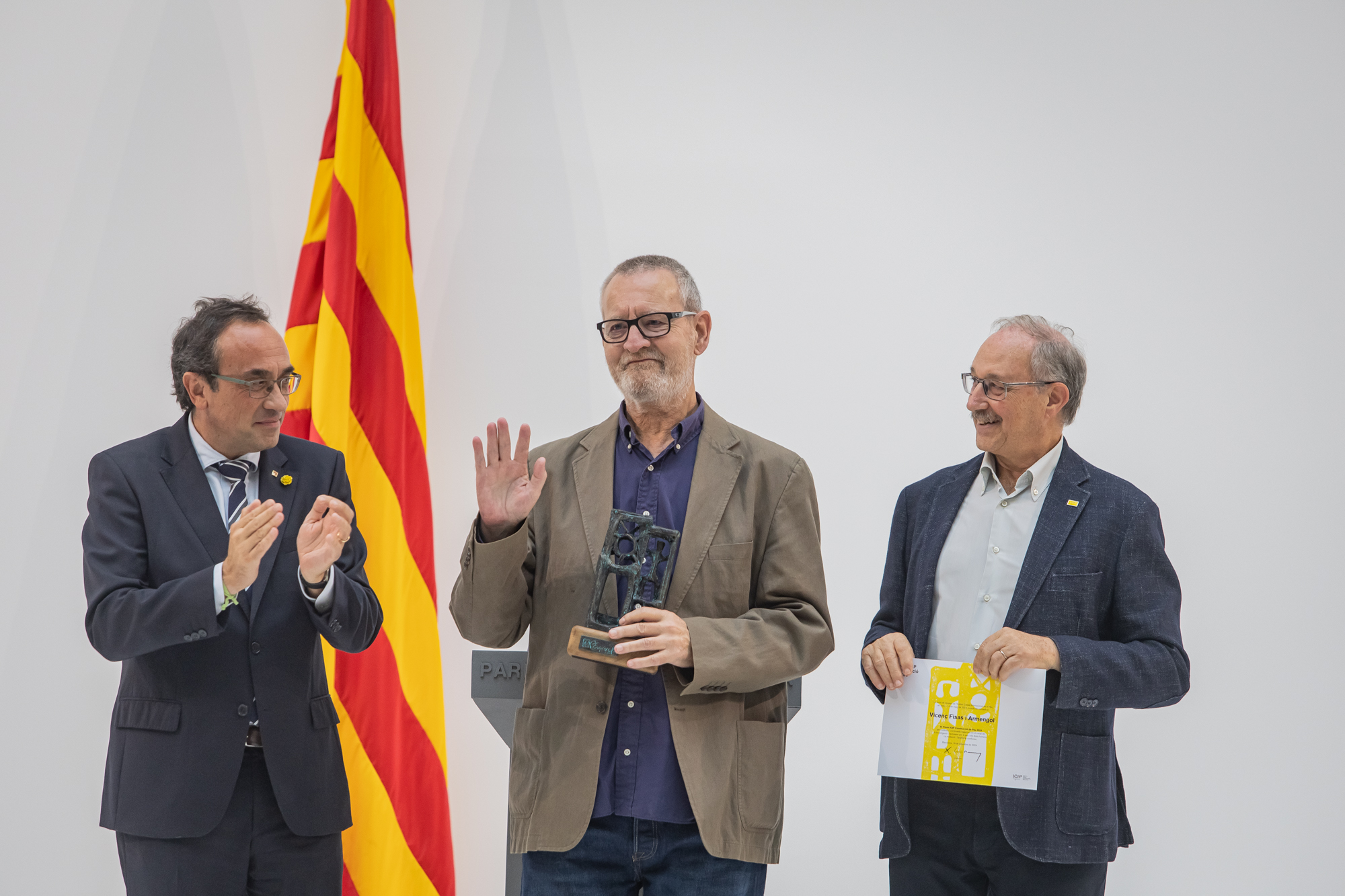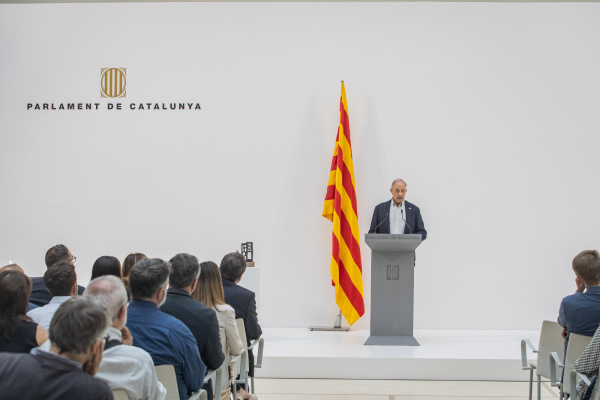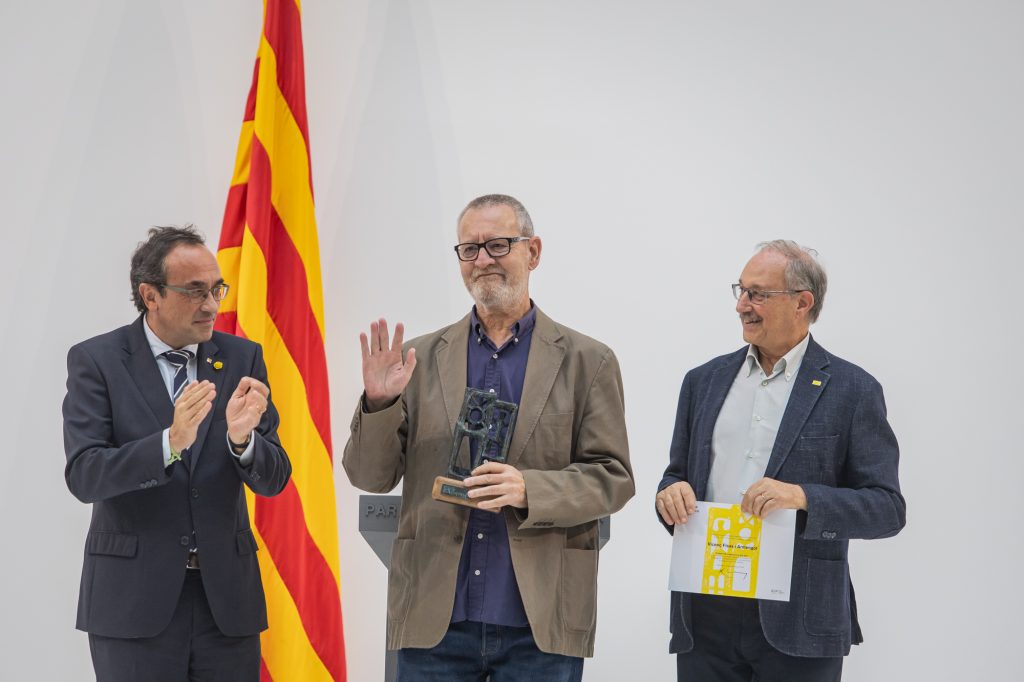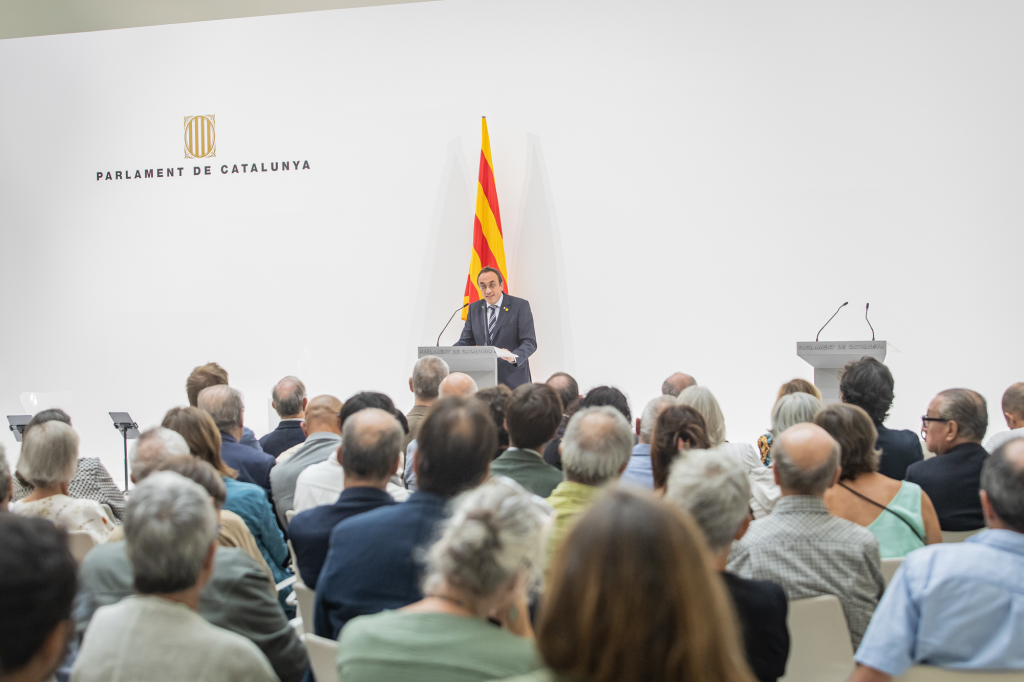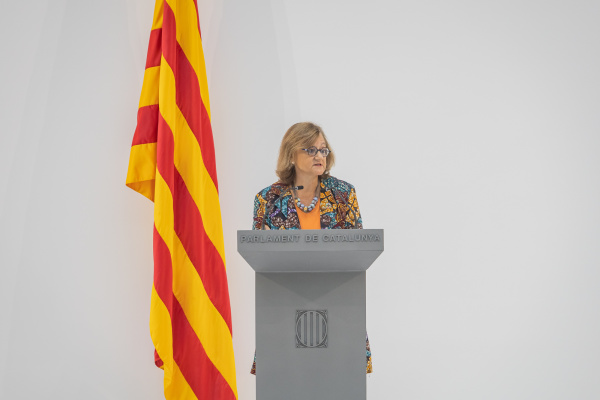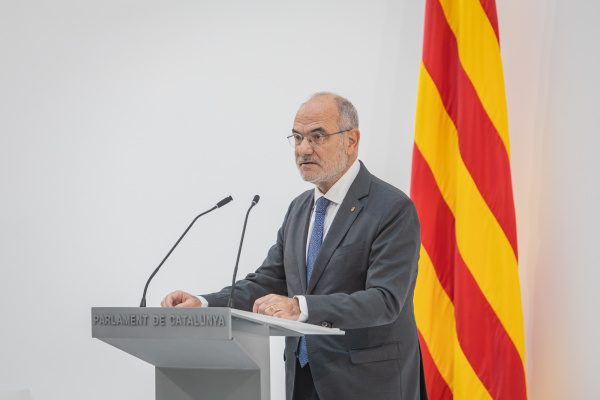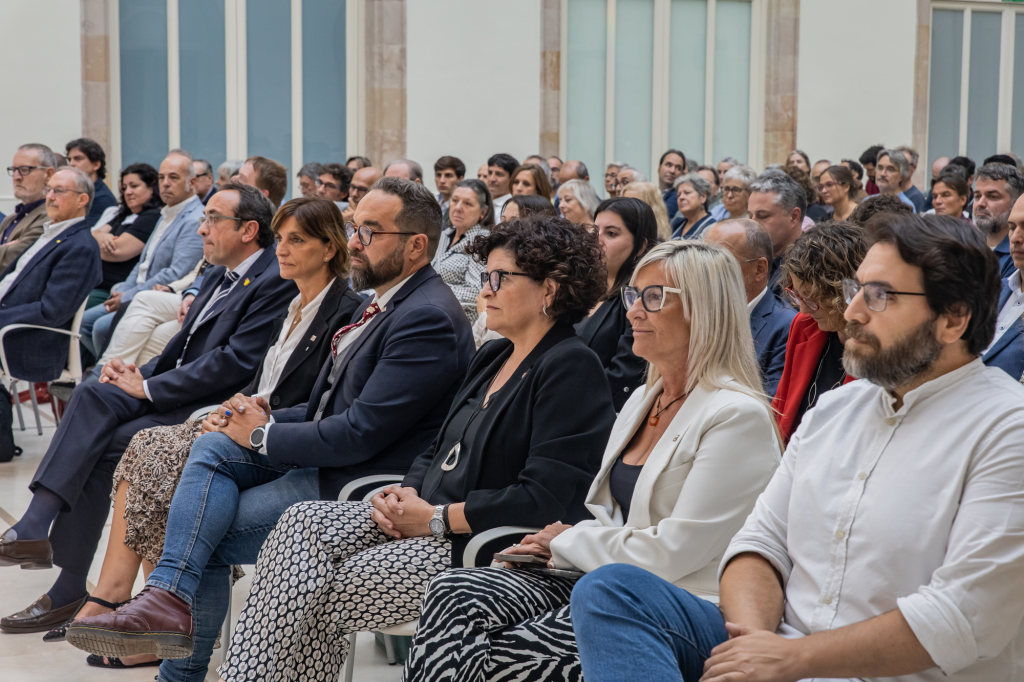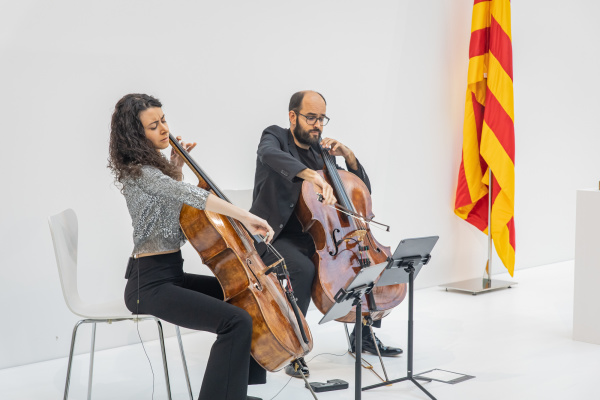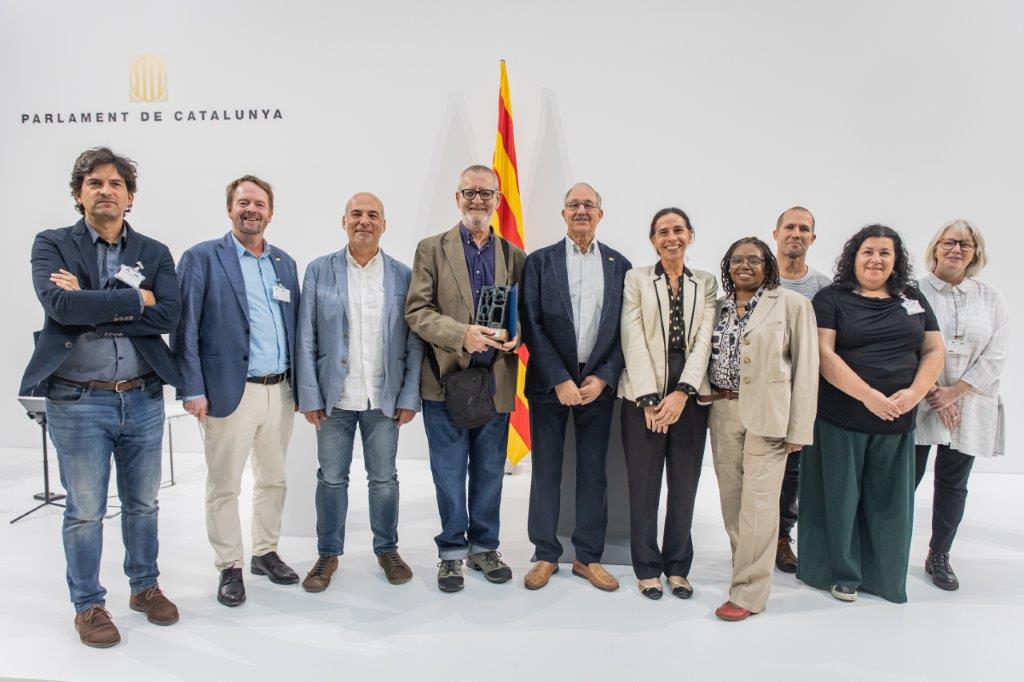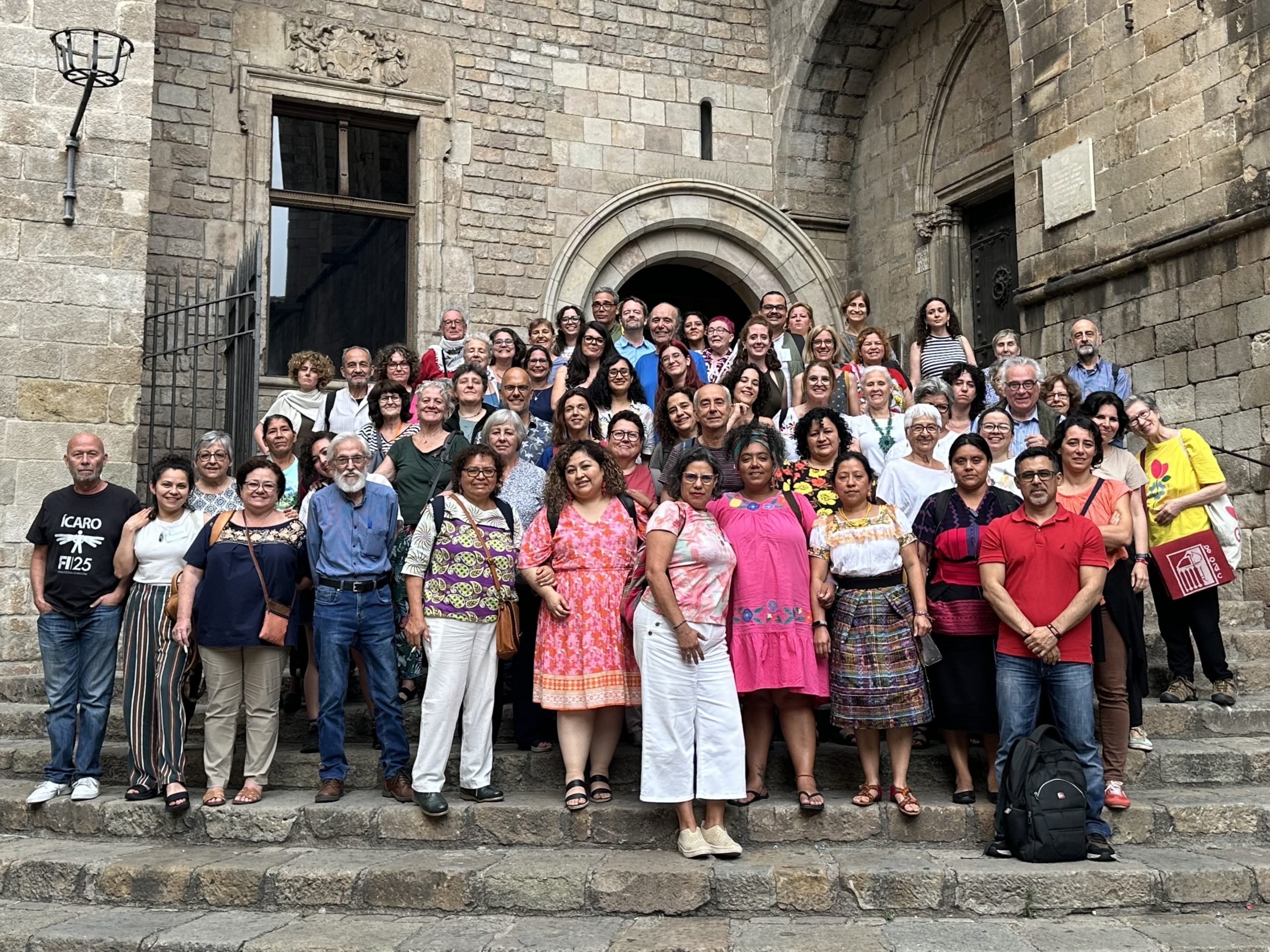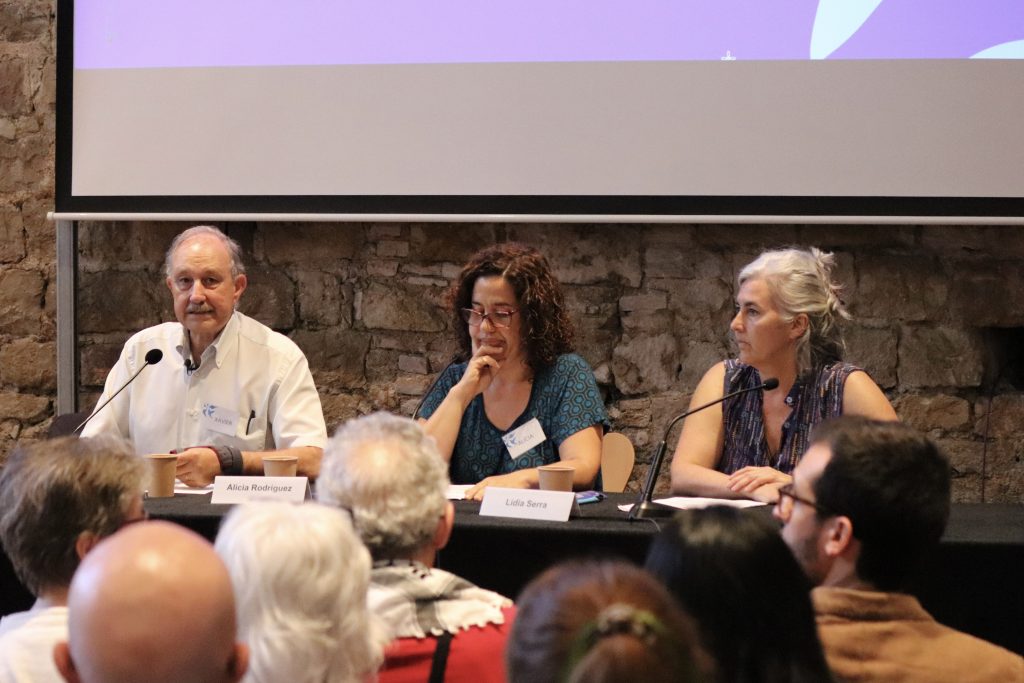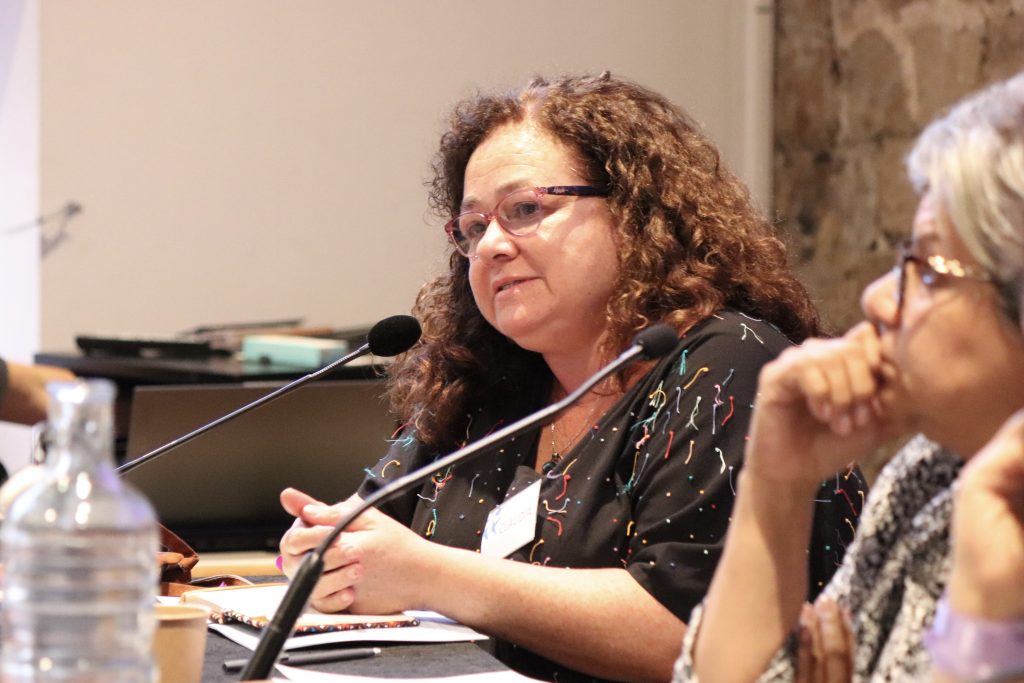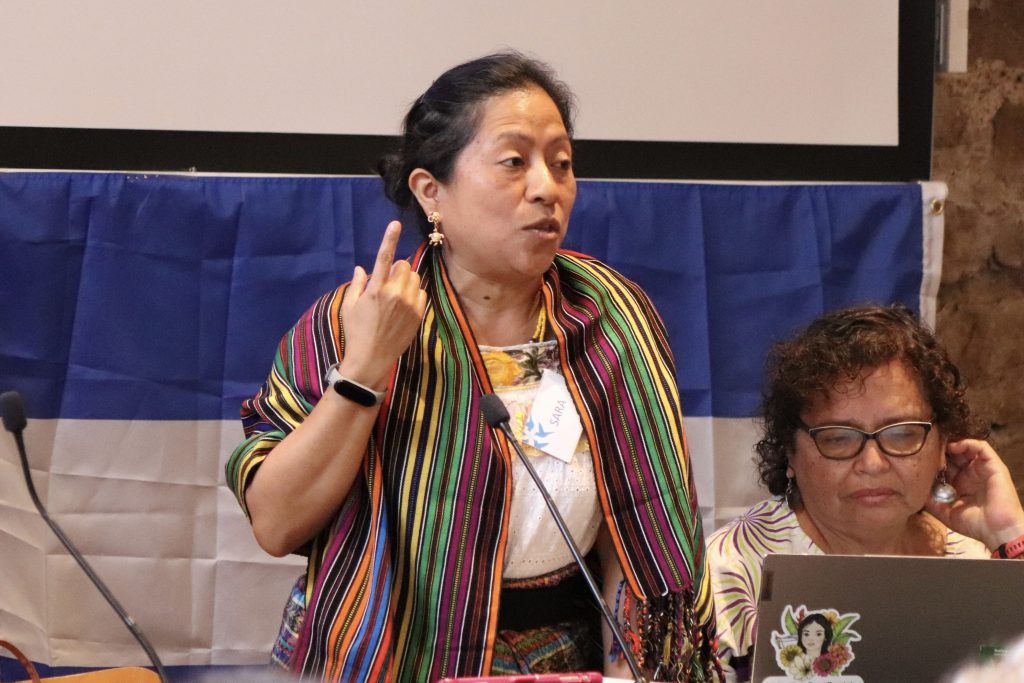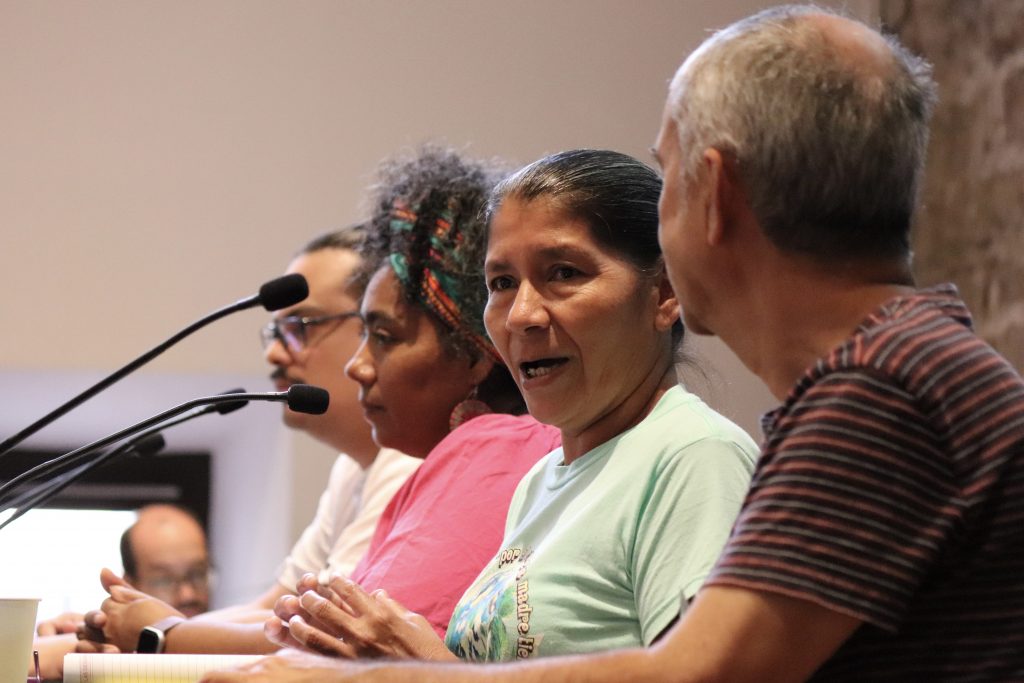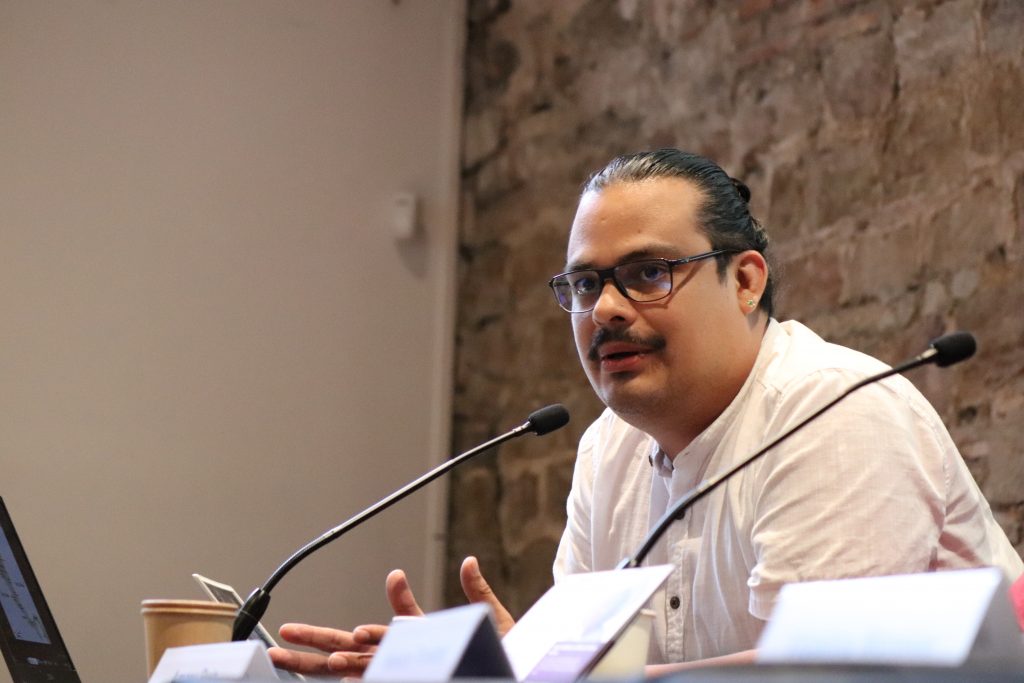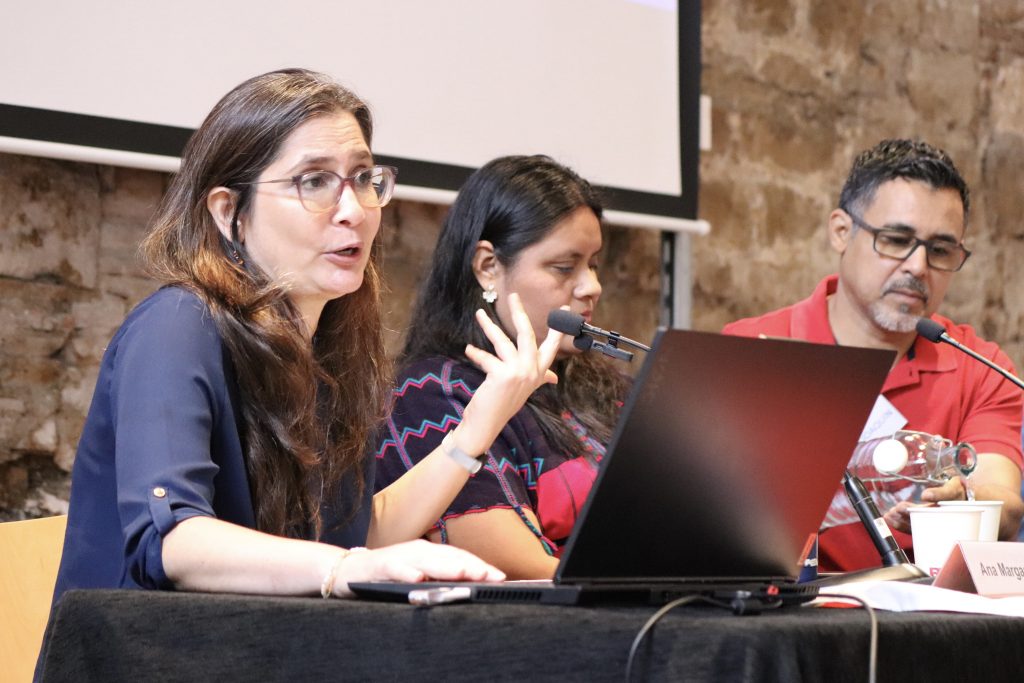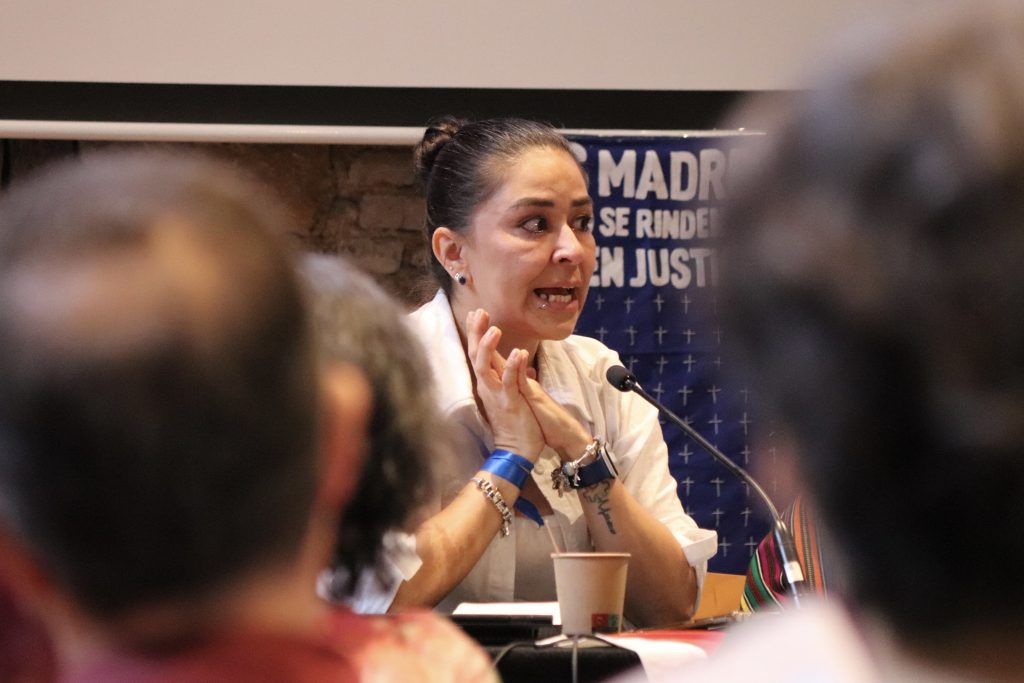In a press conference, ICIP has presented the study “L’arrelament de les idees involucionistes i bel·licistes a Catalunya” (The entrenchment of reactionary and militaristic ideas in Catalonia) (ICIP Report 24/2025). The report, conducted by journalist and data analyst Roger Tugas i Vilardell, analyzes which sectors of Catalan society are more susceptible to ideas contrary to democratic values, human rights and peace – such as racism, sexism, LGBTIphobia and militarism.
The data was drawn from seven public institution surveys. An in-depth analysis was carried out on ICIP Survey 2022 “Coexistence and cohesion in Catalonia” and ICIP Survey 2023 “Coexistence and security in Catalonia.” Additional surveys on values and habits conducted in 2023 by the CEO (Centre d’Estudis d’Opinió) and the CIS (Centro de Investigaciones Sociológicas), as well as the European Social Survey were also examined. Data from a total of 130 questions were cross-referenced using variables such as age, gender, education level, size of town of residence, level of social trust, income, and concern about security.
The study falls under the “Social and political dialogue” line of work promoting coexistence, dialogue and social cohesion in Catalonia. As ICIP director Kristian Herbolzheimer explained, “It is essential to manage disagreement and conflict in a constructive manner. That is why we want to understand in which segments of society antidemocratic values are most prevalent and what explains these attitudes, with a broad perspective and avoiding simplistic answers.”
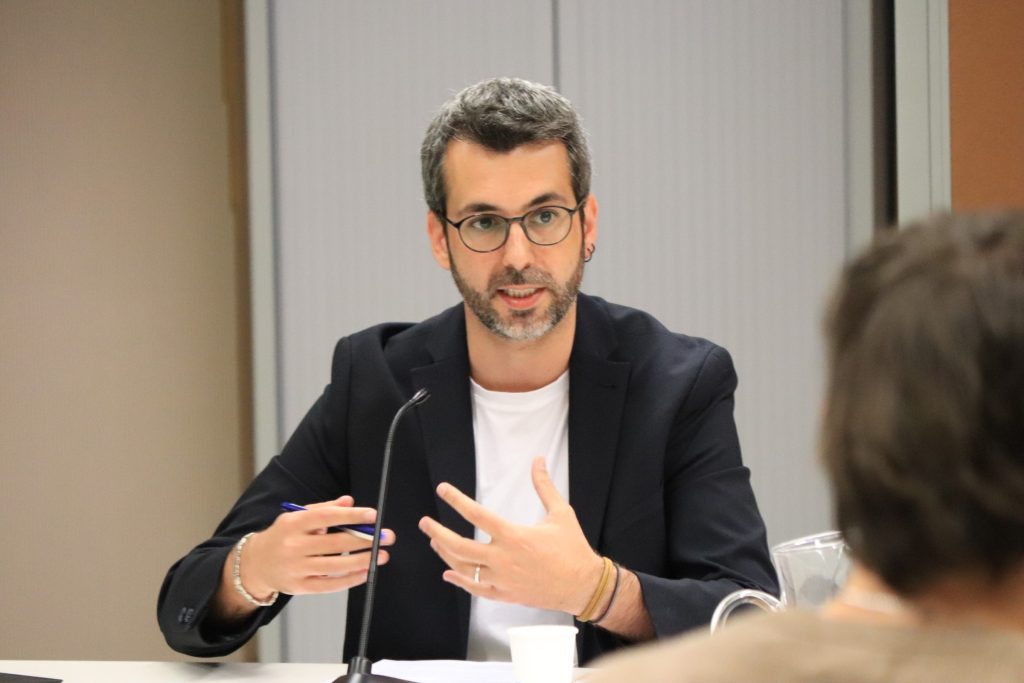
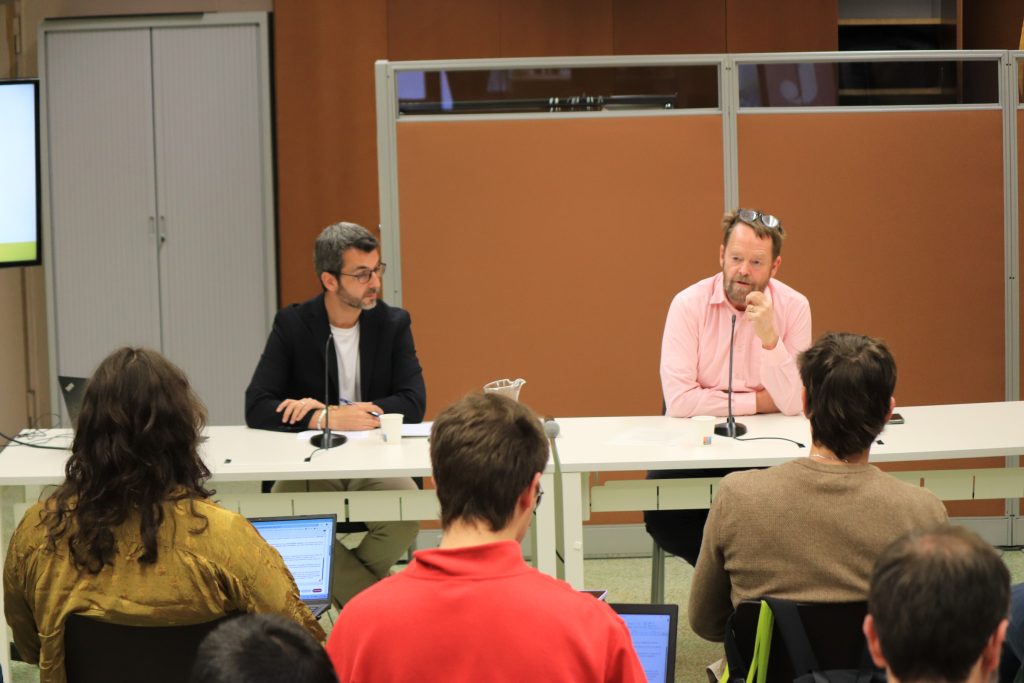
Key findings
The study confirms that sexist, homophobic, transphobic, racist, authoritarian and militaristic views are more prevalent among men – especially young men – and among people with low social trust, heightened concerns about security or antisocial behavior, and those facing economic hardship.
However, there is no discernable generational trend towards more conservative views:young people arenot less feminist or more racist than the general population. On the contrary, they more strongly support abortion rights, LGBTI rights and new forms of emotional and sexual relationships. At the same time, though, young people are more supportive of punitivism and military defense.
According to the study’s author, Roger Tugas i Vilardell, “Those who most embrace reactionary ideas are often people facing uncertainty, insecurity and fear in the face of a pessimistic outlook shaped by precariousness and a changing society.” This profile often includes young men, a group highly exposed to social media – where hate speech is prevalent. They often face difficulties to become economically self-sufficient, and have less established political backgrounds, making them more susceptible to new ideologies. Still, the author stresses that it is not exclusively a generational or gender issue – it is multifactorial.
In this regard, the ICIP director emphasized that young men are often criminalized as followers of far-right ideas, but “there are reactionary attitudes across all segments of society.”
Cross-referencing variables
By cross-referencing various variables, the study finds that the perception of community cohesion is linked to expressions of racism, intolerance or militarism. For example, among those who believe that coexistence in their neighborhood or town is poor, only 43 percent would be comfortable if a son or daughter married a refugee. In contrast, among those who believe coexistence is very good, acceptance rises to 67 percent. Additionally, people who perceive coexistence as very poor are more likely to support military spending.
The analysis also establishes a link between personal perceptions of success or failure and views on immigration. Fifty-eight percent of people who see themselves as “losers” claim immigrants commit more crimes than native citizens. Among those who see themselves as “winners,” only 25 percent believe this.
The study also yields conclusions from cross-referencing age-gender and age-use of violence. In the first case, the report finds that men are more sexist than women – particularly young men. According to the data, 23 percent of young men (up to 30 years old) strongly or somewhat agree with the statement “men are better political leaders than women,” and 20 percent believe gender-based violence is an invention of feminism. Additionally, one in three young people would be willing to use violence to defend their ideas and values – twelve percentage points higher than any other age group.
Interactive web space
The study is complemented by the creation of a web space that allows users to interact directly with the data by cross-referencing multiple variables such as gender, age, education level and degree of trust. Specifically, the site lets users explore the data across four sections: Age and gender, Social trust, Economic precariousness, and Sense of insecurity.
The web space features some seventy graphs, which can also be consulted by topics: Sexism, LGBTIphobia, Racism, Militarism and Tolerance of difference.

